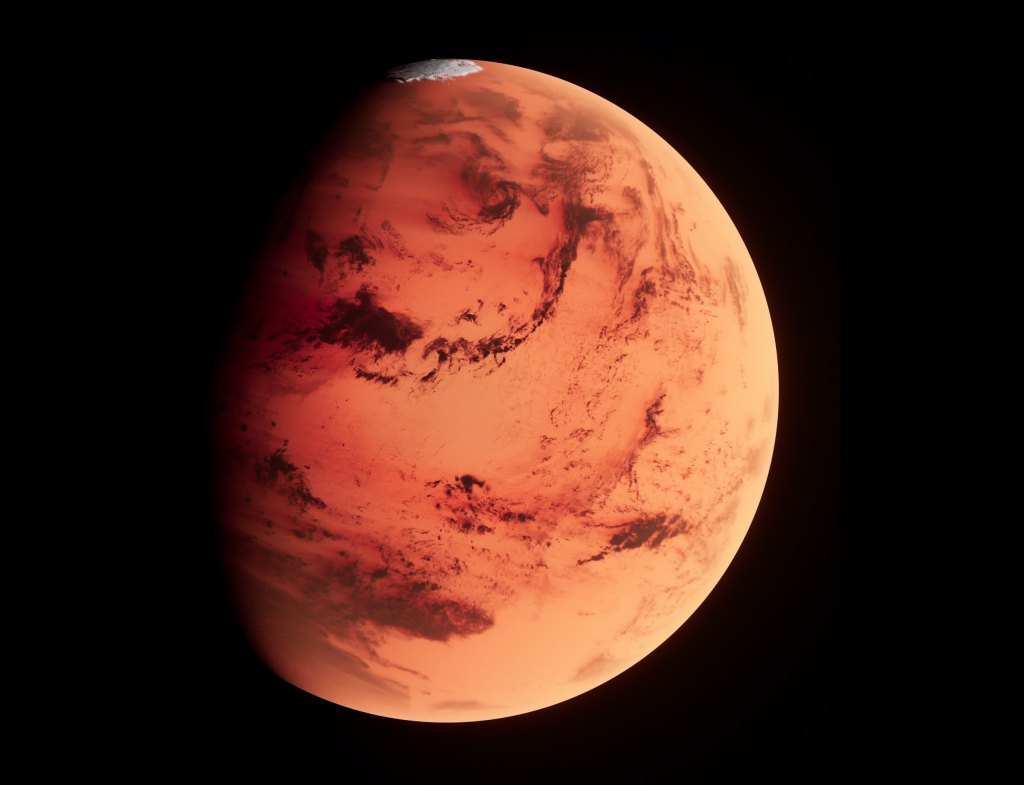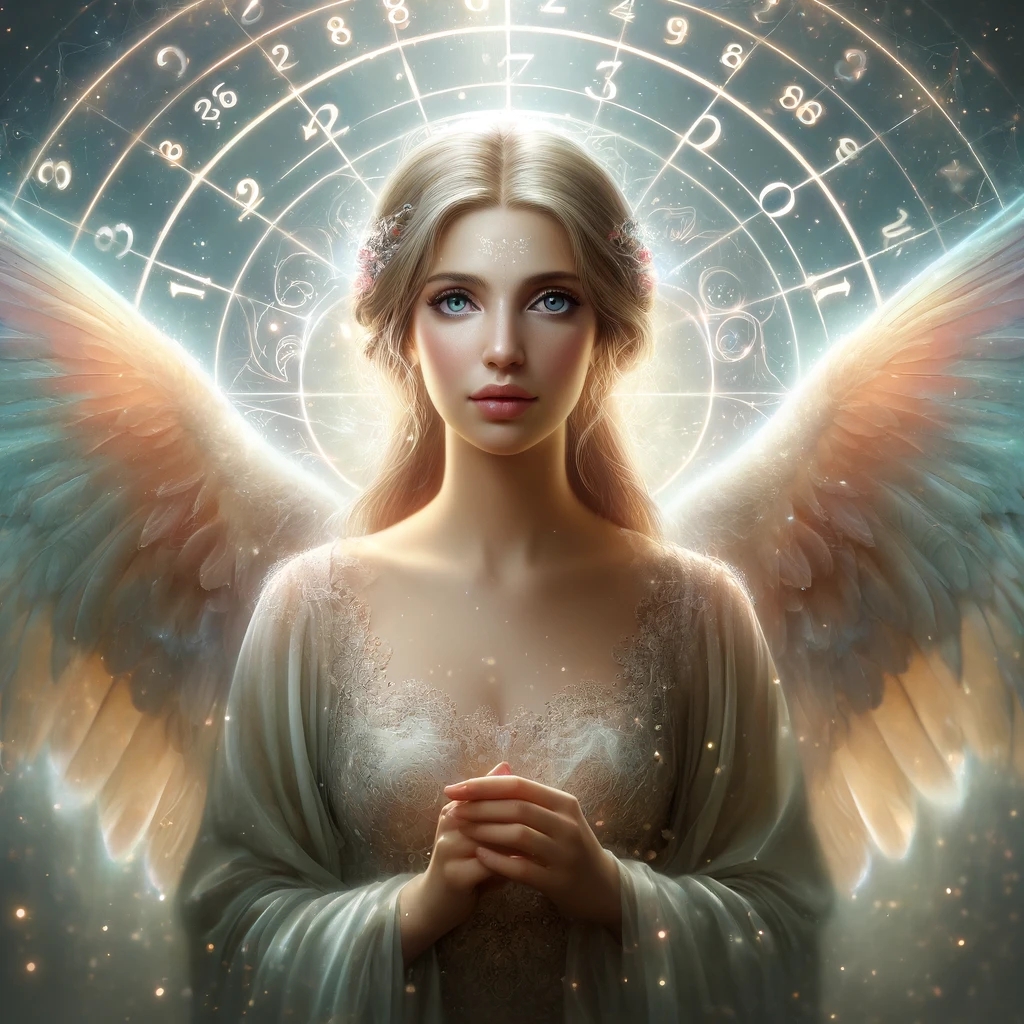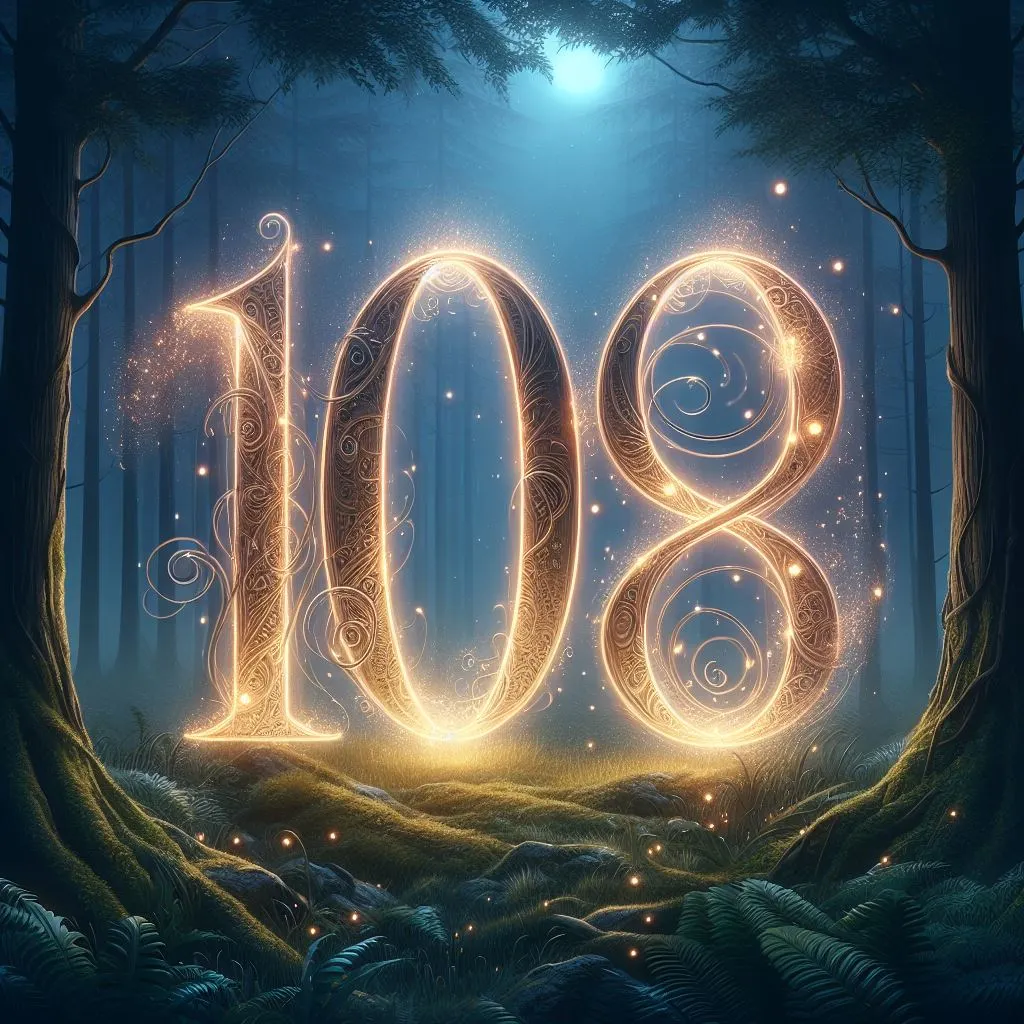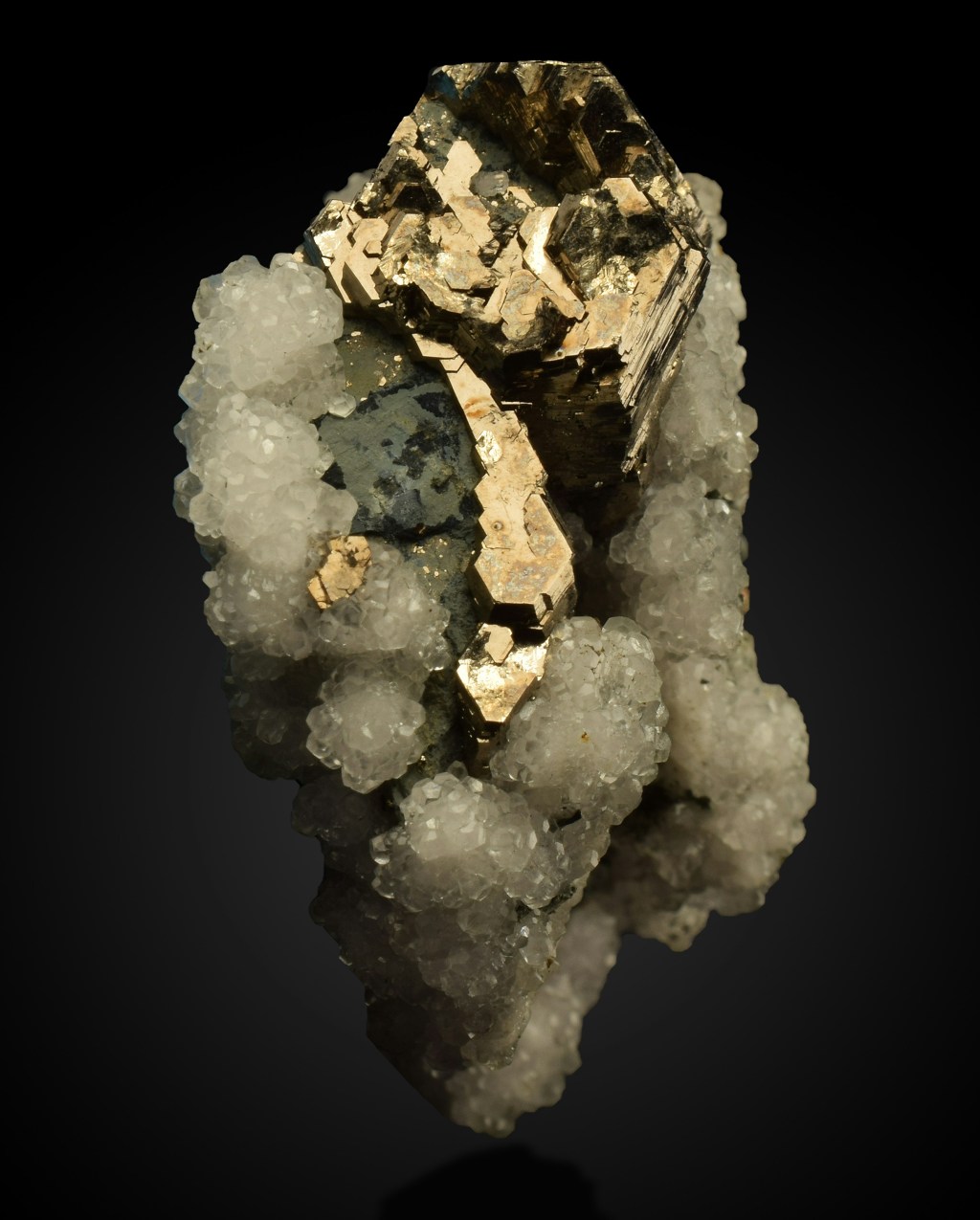Clothed in red, with a red body and four arms, born of Earth, seated upon a Ram, holding a trident, spear, and mace in his hands, with a precious coral in the crown of his head, bestowing blessings with a gesture of his hand, may the Divine Lord Mars send us his mercy for all eternity.

Mars, the fourth planet from the Sun, is renowned for its distinct rust-red color and is accompanied by two moons. This cold, desert-like world has a particularly unusual atmosphere. Billions of years ago, it might have been considered Earth’s smaller twin, with liquid water on its surface and possibly even life. However, decades of exploration have revealed Mars as a dynamic planet, shaped by wind-driven landscapes.
Remarkably, Mars experiences dust storms of such magnitude that they can envelop the entire planet. Temperatures on Mars can drop so low that carbon dioxide in the atmosphere condenses directly into snow or frost. Marsquakes, the Martian equivalent of earthquakes, are also a common occurrence.
Given these fascinating characteristics, it’s no surprise that this small red sphere continues to captivate scientists and remains one of the most thoroughly studied bodies in our solar system.
Mars: The Symbolic and Esoteric Influence in Ancient and Modern Contexts
In the symbolic realm, Mars was a widely revered object of worship in the Ancient World, venerated by northern conquerors as well. In that brutal era, warriors were the most glorified figures, making Mars a personification of the god of war. He was also depicted as Vulcan, the celestial blacksmith who forged Zeus’s lightning bolts, underscoring Mars’ dominion over iron, steel, fire, and bladed weapons.
From a Kabbalistic perspective, Mars represents digestion in humans and is associated with the sense of taste. Its military might is subtly alluded to in the New Testament’s references to physical pleasures: “Eat, drink, and be merry, for tomorrow we die.”
In esoteric terms, Mars transforms into the angel Samael, embodying the higher qualities of this spirit. Mars grants strength and the ability to appreciate the higher, ethereal essences of the wave of life, dominating the forces of absorption and assimilation.
Astrologically, Mars symbolizes the astral spirit of cruelty, bloodshed, and unrestrained destruction. A true son of Mars is a fierce combatant, happiest when fully engaged in rivalry. The history of Great Britain is replete with such manifestations. Predominantly ruled by Aries, Mars’ principal sign, a true Englishman is thus a son of Mars, exemplified by the figure of John Bull, constantly engaged in conflict.
Intellectually, Mars signifies the spirit of enterprise, energy, and bravery. Without Mars’ “salt,” men would be powerless and cowardly. Those under Mars’ influence possess indomitable, inexhaustible energy and strong will.
Physically, Mars signifies those involved in the iron and steel industry. Military men often prefer activities involving sharp objects, iron, or fire, thus becoming butchers, barbers, blacksmiths, etc.

The Allegorical Representation of Mars
The allegorical depiction of Mars’ progeny is characterized by a medium stature, a robust physique, a ruddy complexion, piercing eyes, a square jaw, a bold and direct gaze, and an impetuous temperament. The hair color can vary, but it always possesses a distinctly ruddy tint.
Mars is associated with certain animals: the wolf, ox, woodpecker, and horse. The connection with the wolf is clear — it’s an aggressive, bloodthirsty, and dangerous animal. Remember the story of Romulus and Remus, who were nursed by a she-wolf. The ox, or bull, symbolizes agriculture, as well as force and penetrating power. The horse represents swiftness, attack, and war. The woodpecker (picus) is a Roman bird-god of fields and forests, the father of Faunus and grandfather of Latinus. According to legend, it was this bird that brought food and fire to Romulus and Remus. The woodpecker is also linked to celestial fire and lightning, and it was believed that a branch from its nest could open any lock. Furthermore, the woodpecker is endowed with the gift of foresight. The attributes of Mars emphasize his semantic field and origins.

The name “Mars” originates from the root word “mar,” meaning brilliance. This suggests a conceptual kinship of its image with the bright, Apollonian principle. In essence, the “Marsian” war is not about darkness, magic, deceit, oblivion, shadows, delusion, vile acts, intrigues, and prolonged dying, which stem from chthonic, subterranean forces. Instead, it’s about the gleam of weapons, the surge of attack, the thrust, victory, or death — but a death in battle, visible, swift, and glorious. This notion can be both intimidating and inspiring. It’s no surprise that the cult of Mars was long-standing, and with the adoption of Christianity, it transitioned into astrology and esotericism, as well as into allegories, metaphors, poetry, and painting.
Mars and Astrology
In astrology, Mars represents an embodiment of active engagement in life, strength, and vitality. This applies to both internal and external manifestations.
Mars is seen as the driver of energy and active forces, essential for any vigorous activity. The influence of other planets on Mars is crucial. For instance, when the Moon influences Mars, subconscious impulses take the forefront. This concept is well understood by athletes who know that mastering a technique or movement requires action without conscious thought, almost automatic in nature. This principle is similar for musicians. For example, a beginner guitarist who has to consciously think about forming a chord, like a seventh chord on the fourth degree, will find it more challenging than someone who forms the chord subconsciously, effortlessly.
However, when preparing a persuasive speech, both Mars and Mercury must work in tandem. Words without force are ineffective. One planet provides the ‘fuel,’ while the other gives ‘meaning.’
Every speaker has experienced times when words seem to have no impact, like ‘peas against a wall.’ Then there are instances where a kind, elderly teacher can command the attention of unruly students effortlessly. It’s often attributed to charisma and experience. Yes, these are important, but they need to be supplemented by strength, which is provided by Mars.
The majority of Mars’ qualities are linked to its fiery nature: it possesses the capacity to burn, illuminate, smolder, and cast restless light. People with a strong Mars in their horoscope are fiery individuals with an unyielding inner core, for whom nothing is impossible. They are individuals whose blazing energy is so intense that they can dominate almost everything with their will, even the orbit of their own lives.

Mars in Nathal Chart
- Mars in Pisces: People with Mars in Pisces are emotionally driven and have powerful imaginations, often seen in artists, writers, and actors. They are highly sensitive to their environments and tend to take on the burdens of others. Their emotional strength is expressed in their sexuality, desiring deep connections through sexual relationships.
- Mars in Aquarius: Here, Mars’ energy is intellectual. Actions are fast but require intellectual conviction. These individuals are reformers or freedom fighters, balancing independence with a desire for collective activities. Their sexual nature is complex, balancing emotional involvement with detachment.
- Mars in Capricorn: Mars symbolizes controlled energy, used judiciously. People with Mars in Capricorn are ambitious and determined, overcoming obstacles with resilience. They are strong, confident, and have earthy passions in their sexual relationships.
- Mars in Sagittarius: Mars’ energy in Sagittarius is characterized by bold flashes. Actions are daring but easily distracted. Despite this, they achieve remarkable results quickly. Their love life is adventurous, with relationships often being fleeting.
- Mars in Scorpio: This placement emphasizes tenacity and intensity. People with Mars in Scorpio are energetic and cunning, with their efforts well-controlled and goal-oriented. Their sexuality is strong and deep, often tinged with jealousy and emotional volatility.
- Mars in Libra: Mars’ energy fluctuates in Libra. People here are impulsive and sensual in their sexual desires, preferring emotional connections. They often seek cultured, educated partners but may face challenges in their love life.
- Mars in Virgo: Those with Mars in Virgo are incredibly hardworking and ambitious, often successful due to their methodical approach. They can seem cold in their sexual relationships but actually romanticize sex.
- Mars in Leo: Leo amplifies Mars’ fire. Individuals with this placement are extraordinary, building grand plans and possessing the energy to realize them. They are sexually energetic, demanding attention and affection but are warm and passionate.
- Mars in Cancer: Mars in Cancer is cunning and stealthy. These individuals have strong willpower, overcoming resistance with persistent effort. Their approach to sex is emotional and intuitive, with passion depending on the partner’s response.
- Mars in Gemini: Mars enhances mental activity in Gemini. These individuals are brilliant intellectuals but may lack willpower. Their sexual desire originates in the mind, leading to adventures and often multiple relationships.
- Mars in Taurus: People with Mars in Taurus overcome challenges through determination and persistence. Their life goals are material success and true love. Their sexual passions are earthy and sensual, often dominating in love relationships.
- Mars in Aries: In its ruling sign, Mars highlights brilliance, strength, and energy. These individuals are bold, honest, and direct, with strong passions that flare easily. They are aggressive and assertive in their sexual pursuits and excel in business and politics.
Each of these interpretations reflects the unique influence of Mars in various astrological signs, shaping personalities, behaviors, and life paths.
The Development of Mars’ Influence
- At the initial level, an individual struggles to control the energies flowing through them. This is akin to a teenager aged 15-16, filled with hormones and stubbornness but lacking in wisdom. They are often uncontrollable and might even be viewed unfavorably by those around them (similar to how Mars is not very popular among other gods). Such individuals are enamored with superheroes and champions of strength-based sports. In girls, Mars induces a detachment from the mother and a desire for independence. At this stage, a person can only be influenced by force. Logical reasoning, arguments, or hints, if not backed by strength, are ineffective. Inspiration is possible only through leading by example. It’s sensible to redirect this energy into other channels, to dissipate or harness it for positive outcomes.
- The second level signifies the development of some skills in managing energies. Now, an individual understands not just overt aggression but also hidden malice or hatred. At this stage, the person is fairly socialized but still believes that strength and power are the best solutions for controlling any situation. Here, there’s a preference for unconditional dominance over others, and any deviation from expectations can lead to discomfort and aggression.
- The third level involves controlling Mars’ energies through willpower. While this can be an invaluable practice, it also leads to neurotic states. Suppressed aggression is dangerous; in a critical situation, this dam of restraint can burst, unleashing everything accumulated in the subconscious onto those nearby. An individual at this level can be an effective manager, psychologist, or scientist. This stage marks the point where one closely approaches the mastery of their own energies. Sometimes this control is achieved unconsciously. Often, such individuals successfully sublimate aggression into energy and achieve their goals effectively.
- A person at this stage recognizes that various forms of energy are essentially the same and can easily transform one into another. Using the chakras as an example, one can say that the Manipura (solar plexus chakra) fuels and is subordinate to the Ajna (third eye chakra). The aura ceases to radiate visible aggression. In critical situations, a few words are enough to assert control. Such a Mars represents pure strength governed by the higher chakras. Like all planets, Mars is best when in harmony. Working through Mars is often aided by Saturn, as it directs energies towards internal work, fostering wisdom and improvement. Internal perfection, sooner or later, manifests externally.
Mars: Colors and Stones
In working with Mars’ energies or to attract them, precious and semi-precious stones are often used. Stones corresponding to Mars include: smoky topaz, ruby, red jasper, garnet, carnelian, amber, coral, hematite, rose quartz, and sardonyx. Noticeably, most of these are pink or red. A key point in choosing a stone for a Mars talisman is to avoid flawed stones, as they are unsuitable for this purpose. Also, be aware that combining red (Mars) stones with those associated with other planets can adversely affect energy dynamics. It’s recommended not to mix energies, especially if you’re uncertain about the outcomes.”

Iron and Mars in Psychology
The school of Jung views alchemical iron as an earthly representation of Mars. It’s commonly seen as an embodiment of aggression, desires, and complexes. To alter a situation, it’s necessary to bring these aspects to the surface, dissect, and understand their nature. Jungian psychology recommends such processes for all manifestations of the subconscious, consciousness, and superconsciousness (when possible). Essentially, the psychological processing of Mars differs little from what is described in astrology, and its character is drawn from mythological narratives, which is quite logical. Recognizing and working through the emanations of Mars is a concept agreed upon by alchemists, astrologers, and psychotherapists alike.





Leave a comment